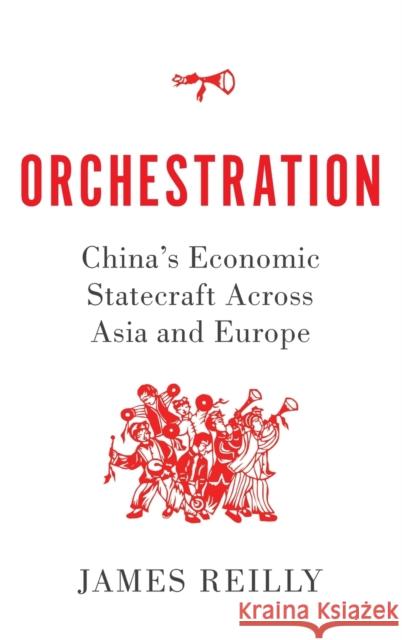Orchestration: China's Economic Statecraft Across Asia and Europe » książka
topmenu
Orchestration: China's Economic Statecraft Across Asia and Europe
ISBN-13: 9780197526347 / Angielski / Twarda / 2021 / 284 str.
Kategorie BISAC:
Wydawca:
Oxford University Press, USA
Język:
Angielski
ISBN-13:
9780197526347
Rok wydania:
2021
Ilość stron:
284
Waga:
0.55 kg
Wymiary:
23.62 x 15.49 x 2.54
Oprawa:
Twarda
Wolumenów:
01
Dodatkowe informacje:
Bibliografia











